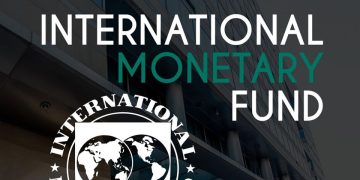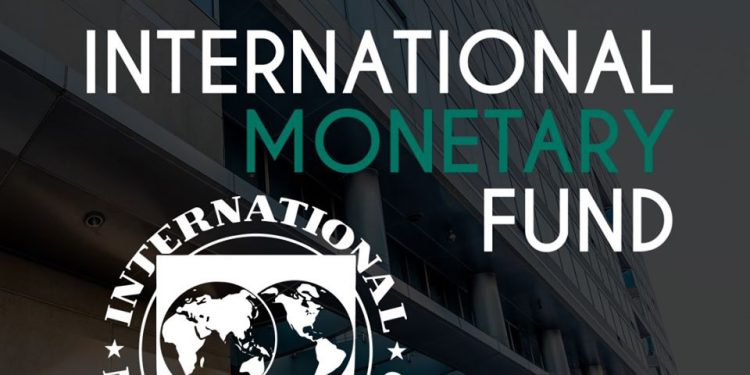Washington, DC: The Executive Board of the International Monetary Fund has approved the immediate disbursement of about US$ 125 million credit to Uganda.
The board completed the first review of the Extended Credit Facility (ECF) Arrangement and 2021 Article IV Consultation with Uganda.
The completion of the first review allowed an immediate disbursement equivalent to about US$ 125 million for budget support, bringing the aggregate disbursement-to-date to US$ 385 million.
Uganda’s ECF Arrangement for a total of SDR 722 million (200 percent of quota) or about US$ 1 billion at the time of program approval on June 28, 2021, is aimed at supporting the near-term response to the COVID-19 pandemic and boosting more inclusive private sector-led long-term growth.
Reforms focus on creating fiscal space for priority social spending, preserving debt sustainability, strengthening governance, and enhancing the monetary and financial sector frameworks.
The authorities have skillfully managed the second wave of the pandemic in July last year, which has however implied a lower growth rebound, and some additional fiscal support to cushion the revenue shortfall from the lockdown and expand cash transfers to the vulnerable.
Real growth was revised down to 3.8 percent from 4.3 percent for FY21/22.
The fiscal deficit will be higher than programmed at the time of the ECF approval (7.5 percent of GDP, up from 6.5 percent) to accommodate new demands on security and social sectors approved in the supplementary budget.
The social impact of the pandemic is, however, profound, with deep scars on human capital potentially persisting over the medium term.
In spite of a challenging environment and some technical and legislative delays, all quantitative performance criteria were met, and the reform agenda implementation is progressing.
Of note, progress was made in strengthening fiscal transparency, the budgetary planning framework and the governance framework by: (i) institutionalizing the use of guidelines for prioritizing public investments and a framework for rationalizing tax expenditures, (ii) tracking, auditing, and publishing of COVID-19 spending and (iii) upgrading the anti-corruption legislation, among others.
At the conclusion of the Executive Board’s discussion, Mr. Bo Li, Deputy Managing Director and Acting Chair stated: “The Ugandan authorities remain firmly committed to their economic program amidst a challenging environment. Program performance has been satisfactory. All quantitative targets were met, except one, and all but three structural benchmarks for 2021 were completed.”
The slight relaxation of the fiscal deficit in fiscal year 2021/22 relative to the programmed target was necessary to mitigate the impact of the pandemic’s second wave and address higher security tensions.
Returning to the programmed fiscal consolidation path remains essential to keep debt sustainable while creating more space for private sector credit.
Enhanced domestic revenue mobilization, rationalization of non-priority spending, and shifting the composition of spending towards priority social areas will help achieve the fiscal objectives and address Uganda’s large development needs.
Improving budget preparation—including through fewer supplementary budgets— and strengthening cash and arrears management remain essential.
The banking system is well-capitalized and financial stability risks should continue to be minimized.
Further monetary policy accommodation is needed as fiscal support is removed but uncertain external conditions call for monetary policy to remain data-dependent.
Greater exchange rate flexibility is needed to preserve external buffers, with foreign exchange interventions limited to smoothing excessive exchange rate fluctuations.
Accelerating the momentum on structural reforms is essential to limit pandemic scars and help move Uganda towards its goal of middle-income status.
Progress on governance reforms—including through regular audits of COVID-19 expenditures, publication of beneficial owners’ information and enhanced scrutiny of politically exposed persons—should be sustained.
Accelerating financial inclusion, fostering climate adaptation policies and improving trade integration are also essential for building a faster-growing greener economy.









